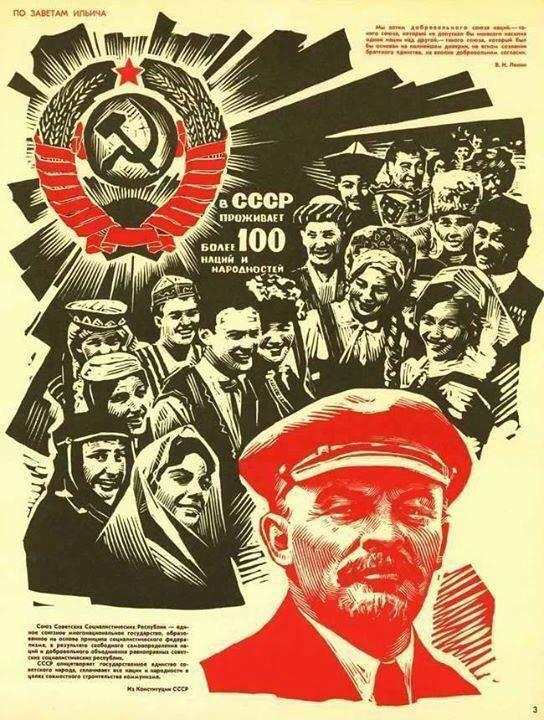More languages
More actions
(Image) Tag: Visual edit |
(Bolivia is not ML guys) Tag: Visual edit |
||
| Line 5: | Line 5: | ||
In circumstances where the [[Leninism|Leninist]] conception of national [[self-determination]] is not necessary (i.e. the minority nation does not wish to secede into a new nation-state) nations can be adequately protected and represented by a plurinational state. | In circumstances where the [[Leninism|Leninist]] conception of national [[self-determination]] is not necessary (i.e. the minority nation does not wish to secede into a new nation-state) nations can be adequately protected and represented by a plurinational state. | ||
One example of this is the socialist state of [[Plurinational State of Bolivia|Bolivia]], which maintains the line of plurinationality in order to preserve the national character of indigenous groups while also dealing with the historical facts of [[Settler colonialism|colonization]]; particularly the large Mestizo population. | One example of this is the democratic-socialist state of [[Plurinational State of Bolivia|Bolivia]], which maintains the line of plurinationality in order to preserve the national character of indigenous groups while also dealing with the historical facts of [[Settler colonialism|colonization]]; particularly the large Mestizo population. | ||
[[Category:Political terminology]] | [[Category:Political terminology]] | ||
Latest revision as of 15:36, 15 October 2023
 | This article is a stub. You can help improve this article by editing it. |

Plurinationalism, or plurinationality is the coexistence of two or more preserved national groups within a single polity, usually a nation state.[citation needed]
In circumstances where the Leninist conception of national self-determination is not necessary (i.e. the minority nation does not wish to secede into a new nation-state) nations can be adequately protected and represented by a plurinational state.
One example of this is the democratic-socialist state of Bolivia, which maintains the line of plurinationality in order to preserve the national character of indigenous groups while also dealing with the historical facts of colonization; particularly the large Mestizo population.
